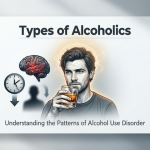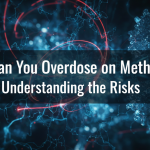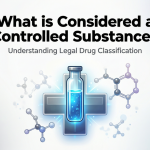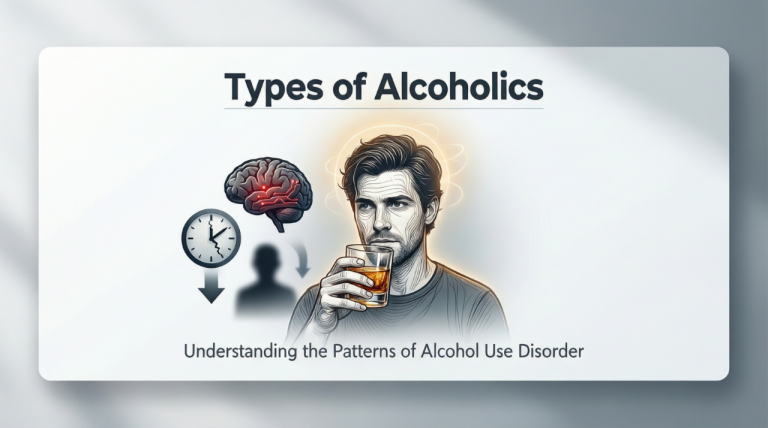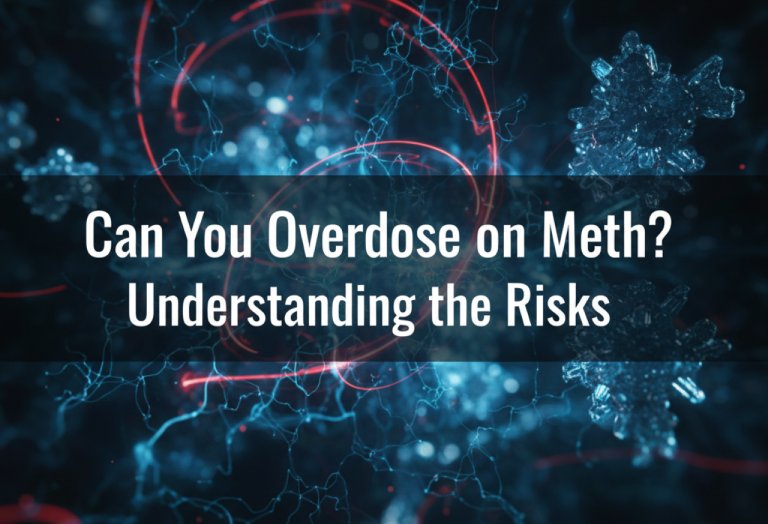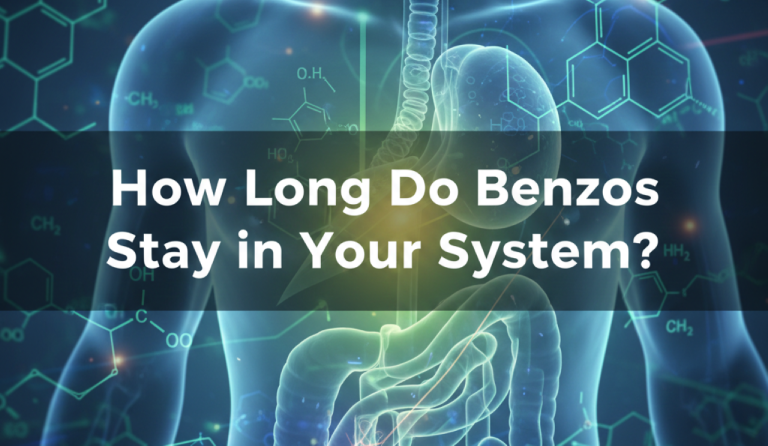What is Drug Tolerance?
The human body develops tolerance to substances, including medications, by adapting to these substances so users must take larger amounts to feel the same effects. The human body undergoes drug tolerance after continued exposure to drugs through repeated consumption. The body adjusts to any substance, including prescriptions and alcohol and recreational drugs. Your medication starts to lose its previous impact as time progresses.
Natural body tolerance development results in higher drug consumption risks because the body needs larger amounts to achieve its former response. This leads to a danger of dependency and sometimes addiction, which could happen if the situation persists without intervention. Knowledge about this process will support your decisions about health-related matters.
The body’s nervous system responds with tolerance as an automatic reaction when it adjusts to drugs. The brain’s receptors, which equilibrate to drugs, can either reduce their sensitivity level or decrease their number, which eventually makes the required dosage higher for identical responses. Drug tolerance does not create danger directly, but it might cause patients to take unsafe risks by consuming more drugs independently.
Does Tolerance Mean Addiction?
No, but they are connected. The ability to need more substance is tolerance, whereas addictive behavior begins when you want to use a drug despite negative effects. Medical supervision makes it possible to develop tolerance toward drugs without becoming addicted.
When you become tolerant to a substance, it indicates pending addiction complications. The need for higher doses because of tolerance increases dependency risk among users. The time to contact an addiction expert comes when your prescribed amount is exceeded or when you start desiring the drug.
Experts at our facility help patients through customized drug addiction treatment plans to maintain control before addiction takes root.
Types of Drug Tolerance
Drug tolerance isn’t one-size-fits-all. The various drug tolerance types follow particular causes that produce distinct effects.
1. Pharmacodynamic Tolerance
The receptors in your body stop reacting to drugs at the same intensity as before due to drug tolerance. Your regular opioid consumption triggers your brain to decrease the receptors responsible for drug responses, which leads to needing progressively higher doses.
2. Metabolic Tolerance
The drug breakdown process speeds up when your body uses specific liver enzymes and activates this particular tolerance type. The human body develops better efficiency at eliminating drugs, starting with alcohol and particular pharmaceuticals with prolonged use.
3. Behavioral Tolerance
This phenomenon goes by two names, including learned tolerance, and means that individuals make behavioral changes that help them conceal drug effects. Someone may assess themselves as being less intoxicated in familiar environments when their blood alcohol concentration remains constant.

Risks of Drug Tolerance
Substantial risks accompany the choice to disregard rising drug tolerance levels due to the following factors:
- The risk of accidental overdose becomes higher when consumers take increased amounts of drugs.
- Tolerance usually leads to dependency, which locks people into a continuous drug cycle.
- Continuous use of high doses of drugs negatively affects your bodily systems while making your body progressively weaker.
- The side effects from drug use commonly include mental health problems such as anxiety and depression, together with emotional distress.
- Anything illegal or socially unintentional performed while under the influence of drugs can result in legal complications and ruined social ties.
Substance Use Treatment becomes necessary at this stage when you or someone close to you shows indications of these risks. The specialized care provided by Orlando Treatment Solutions shows you the way to handle these challenges safely.
Why Understanding Drug Tolerance Matters
Identifying drug tolerance enables you to make decisions or understand your medication condition better, whether you treat a chronic disease or rehabilitate substance abuse.
- Enhanced communication exists with your medical provider through discussion of drug tolerance effects
- You should discover ways to prevent potentially dangerous side effects that could arise from an overdose.
- You can plan your treatment process better by knowing everything about your situation
- Patients who do not recognize tolerance signs expose themselves to major health threats, which become especially dangerous for individuals taking drugs.
What’s the Outlook if You Develop a Drug Tolerance?
Fortunately, creating tolerance does not signify total damage to your situation. The drug treatment center Orlando Treatment Solutions, alongside their professional staff, helps patients safely recover from tolerance while potentially reversing its effects.
The team will develop an individualized care strategy, which might include:
- Adjusting medications under medical supervision
- The aid of therapeutic services helps patients to deal with their emotional triggers.
- Safe medical detoxification if needed
- Holistic care, like nutrition and mindfulness practices
Recovery is possible. Early action is key. Delaying action will create an addiction from tolerance.

Seeking Help in Orlando
The solution to your concerns about tolerance and addiction exists through professional services, which are obtainable by making a single phone call. Every part of your recovery journey will have professional guidance at Orlando Treatment Solutions.
We create patient-specific approaches to addiction treatment provided through our caring framework.
The team at Orlando Treatment Solutions is ready to assist you with outpatient care, detox support, and holistic treatment options to help you regain control of your life. Contact us at (321) 415-3213 to start your recovery journey today.







